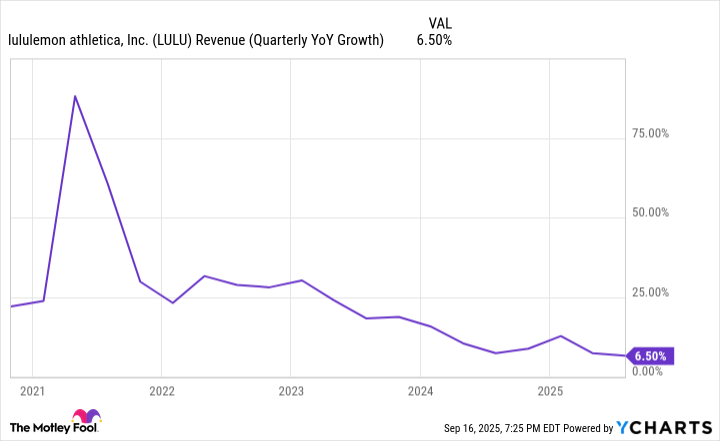
Consider this a chronicle of modern commerce: a tale where desire collides with economy, and the human instinct to preserve dignity through ownership curdles into the pursuit of imitation. Here stands Lululemon, guardian of athleisure’s supposed nobility, locked in combat with Costco-a colossus of mass consumption-over the soul of a market that increasingly questions whether virtue resides in price tags or in products.
The lawsuit, filed by Lululemon against Costco, transcends mere legal theatrics. It is an indictment of an era where intellectual property dissolves like salt in water, where the line between inspiration and theft blurs beneath the weight of consumer pragmatism. To the casual observer, a “dupe” may seem a harmless trinket for frugal shoppers. Yet within this conflict lies a parable of systemic decay: a brand’s identity eroded not by malice, but by the collective shrug of a society that has forgotten the weight of craftsmanship.
We examine the stakes not as dry metrics, but as moral reckonings.
The Proliferation of Imitation
Lululemon accuses Costco of trafficking in replicas-garments stitched from the fabric of another’s innovation, sold under the hollow justification of “similar design.” The hashtag #LululemonDupes thrives on social media, a digital bazaar where influencers peddle shortcuts to virtue. Yet who decides where mimicry becomes malfeasance? The law offers no clarity; it merely provides a stage for the spectacle of contention.
History whispers a cautionary note: Costco, having previously withdrawn contested items, understands the precariousness of its position. But withdrawal is not repentance. It is merely the avoidance of immediate consequence-a tactical retreat, not a philosophical conversion.
The Illusion of Brand Invincibility
Lululemon’s empire was built upon a fragile premise: that athleisure could transcend function to become identity. Its garments, priced as talismans of aspiration, relied not on threadcount but on narrative. Yet narratives unravel when confronted with the blunt truth of declining growth-6.5% revenue expansion in Q2 2025, a shadow of its former self. Comparable store sales, once marching upward in double digits, now crawl at 1%. The numbers are not merely statistics; they are epitaphs for a fading mythos.

The Systemic Rot Beneath
Investors fixate on the lawsuit’s outcome as though it were a referendum on Lululemon’s future. They err. The true verdict lies in the marketplace’s verdict: consumers increasingly indifferent to provenance, seduced by the siren song of cost-efficiency. If a Costco knockoff suffices, what does this reveal about Lululemon’s hollowed core? That its premium pricing has become a relic, a vestige of a time when quality commanded loyalty.
A favorable ruling may stem the tide temporarily, but oceans cannot be held back by litigation. Should growth continue its descent, shareholders will flee like rats from a sinking ship, their portfolios heavier with regret than profit.
The stock’s trajectory remains a cipher, inscrutable to all but the most audacious speculators. Yet one truth emerges unscathed: in a world where value is measured in margins rather than materials, even the mightiest brands are but sandcastles against the waves. 🏴
Read More
- Top 15 Insanely Popular Android Games
- Gold Rate Forecast
- Did Alan Cumming Reveal Comic-Accurate Costume for AVENGERS: DOOMSDAY?
- ELESTRALS AWAKENED Blends Mythology and POKÉMON (Exclusive Look)
- EUR UAH PREDICTION
- Core Scientific’s Merger Meltdown: A Gogolian Tale
- New ‘Donkey Kong’ Movie Reportedly in the Works with Possible Release Date
- 4 Reasons to Buy Interactive Brokers Stock Like There’s No Tomorrow
- Why Nio Stock Skyrocketed Today
- Silver Rate Forecast
2025-09-20 20:58